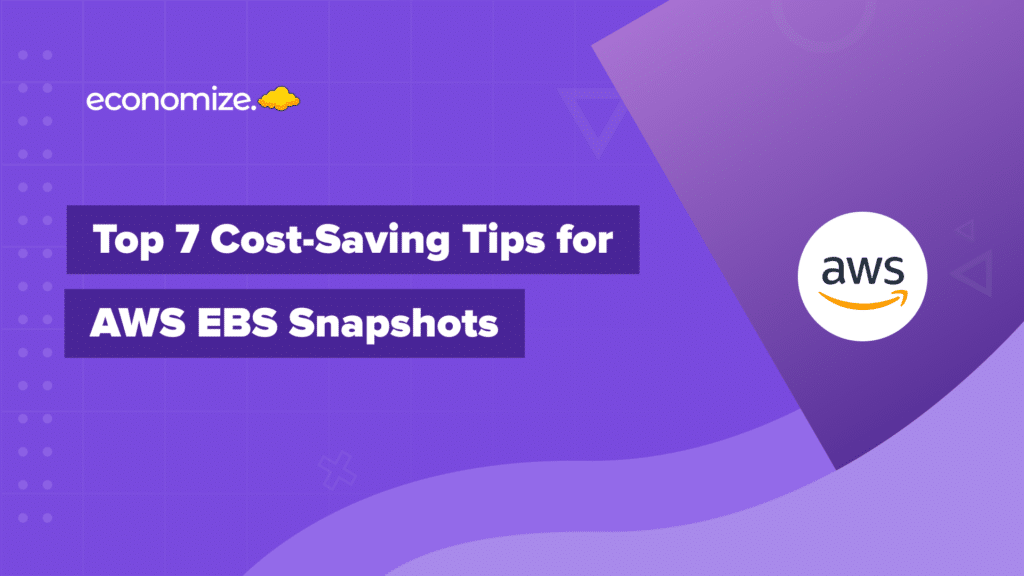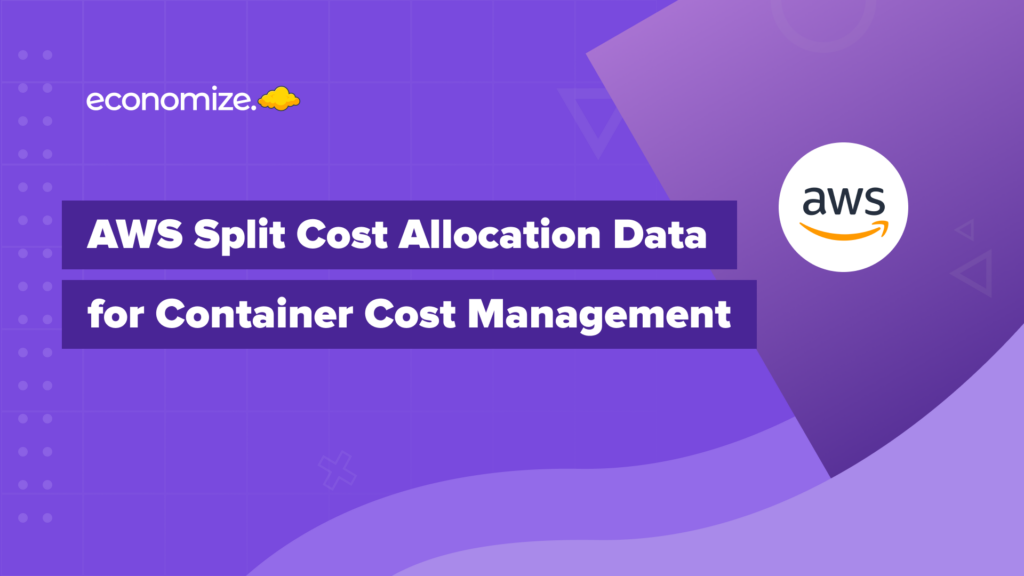Azure VPN Gateway is a powerful tool designed to create secure and reliable connections between your on-premises networks and Azure cloud services. Hence, it is a critical component to implement hybrid cloud solutions for businesses. It has the ability to expand your on-premises network into the cloud effortlessly, manage traffic between different regions with ease, or provide secure access to your employees working remotely. This guide will walk you through everything you need to know about Azure VPN Gateway, from its fundamental components to cost management, providing you with the knowledge to optimize your cloud infrastructure effectively.
What is Azure VPN Gateway?
Azure VPN Gateway enables a secure and encrypted connection between your on-premises networks and Azure Virtual Networks (VNets). This virtual bridge links your local infrastructure with the vast Azure landscape, ensuring that your data can flow seamlessly between on-premises and cloud-based resources.

Azure VPN Gateway supports various VPN protocols, including IPsec and IKE, offering flexibility in how you connect and manage your networks. It also caters to different types of VPN connections, whether it’s a site-to-site VPN that links an entire network to Azure, or a point-to-site VPN that allows individual users to access Azure resources securely from anywhere in the world. Moreover, it supports varying levels of network traffic and adapts to changing demands, ensuring consistent and reliable performance.
Key Features of Azure VPN Gateway
Azure VPN Gateway is a highly reliable network, making it suitable for organizations of all sizes, from small businesses to large enterprises. Whether you’re looking to expand your on-premises network into the cloud, facilitate remote access for your workforce, or simply enhance your network security, Azure VPN Gateway offers you a feasible solution. Now, let’s take a closer look at some of the standout features of Azure VPN Gateway.
- Highly Secure: With encryption protocols, such as IPsec and IKE, Azure VPN Gateway ensures that your data is protected as it traverses the internet. This means that whether your data is in transit between your on-premises network and Azure or between different regions within Azure, it is always encrypted and secure from potential threats.
- Multi-site connectivity: VPN Gateway enables seamless connections across multiple on-premises locations and Azure Virtual Networks, which is particularly beneficial for organizations with multiple branches or data centers. It simplifies the management of these connections, allowing for a unified network experience that facilitates smooth communication and data transfer across your entire organization.
- Compatibility and integration: Another advantage of Azure VPN Gateway is its compatible with a wide array of VPN devices and services. Hence, you can integrate it into your existing network infrastructure with minimal hassle. Whether you’re using hardware from leading vendors like Cisco or Juniper, or other solutions, Azure VPN Gateway provides the flexibility and compatibility needed to ensure seamless integration and operation.
- High availability and reliability: Azure VPN Gateway is designed to provide consistent and reliable performance. It ensures that your network connections are stable, minimizing downtime and ensuring continuous access to your applications and data.
- Cost efficiency: Azure VPN Gateway offers a cost-effective solution for securing your cloud connectivity. It operates on a pay-as-you-go model, which means you only pay for the resources you use. This flexible Azure pricing allows you to manage your costs effectively and scale your expenses in line with your business growth.
Azure VPN Gateway Pricing Explained
If you need to connect an Azure Virtual network to your on-premises infrastructure or to other virtual networks within Azure using a VPN gateway, there will be costs involved. These costs are specifically related to the VPN gateway that facilitates these connections. The charges are calculated based on the duration for which the VPN gateway is provisioned and available. Essentially, you pay for the time the gateway is up and running, enabling secure connections between your networks.
VPN Gateway Pricing for Legacy Needs
Azure offers a variety of VPN gateway types to meet different performance requirements and budget considerations. The main types include Basic, as well as generation-specific options like VpnGw1, VpnGw2, VpnGw3, etc for legacy needs, and VpnGw1AZ, VpnGw2AZ, and VpnGw3AZ, etc for enhanced availability with Azure Availability Zones.

Cost of VPN Gateways based on Availability Zones
With the introduction of Azure Availability Zones, new Zone Redundant Gateway SKUs allow for the deployment of VPN and ExpressRoute gateways across different zones. This setup offers greater resiliency, scalability, and protection against zone-level failures, ensuring uninterrupted connectivity between your on-premises network and Azure. Importantly, these new SKUs maintain the same bandwidth thresholds as standard gateways.

Data Transfer Costs
Data transfer costs are an important factor to consider while using Azure VPN Gateway. These costs can vary depending on several factors, such as the direction of data flow and the regions involved. Here’s a concise overview of data transfer costs:

Azure VPN Gateway and ExpressRoute: A Comparison
When considering secure connectivity options for linking your on-premises networks to Azure, you have two main choices: Azure VPN Gateway and ExpressRoute. Azure VPN Gateway provides secure, encrypted connections over the public internet, making it a flexible and cost-effective solution suitable for various workloads and smaller-scale deployments. It’s ideal for organizations looking for a quick setup and straightforward integration with existing network infrastructures.
On the other hand, ExpressRoute offers a private, dedicated connection to Azure, bypassing the public internet entirely. This results in higher reliability, faster speeds, and lower latency, ideal for large enterprises and critical applications that demand consistent and high-performance network connections.

One of the primary advantages of Azure VPN Gateway is its affordability. It provides a cost-effective way to establish secure network connections without the need for expensive dedicated lines. The pay-as-you-go pricing model allows businesses to manage costs efficiently, paying only for the resources and time they use.
While VPN Gateway is easier to set up and more budget-friendly, ExpressRoute is the go-to option for businesses that require superior performance, reliability, and enhanced security features, particularly when handling sensitive data or operating across multiple regions.
What is the difference between a VNet gateway and a VPN gateway in Azure?
A VNet gateway, or Virtual Network gateway, is a broader term that encompasses the entire gateway infrastructure within an Azure Virtual Network (VNet). A VNet consists of all the Azure services including the Azure Virtual Machines, Blob Storage, etc and the VNet gateway serves as a bridge for network traffic between Azure and other networks, including on-premises networks and other Azure VNets. The VNet gateway is essential for managing connections and routes within your Azure network, and it can support various types of gateway configurations, including VPN and ExpressRoute.

A VPN gateway is a specific type of VNet gateway that focuses on creating secure, encrypted connections over the public internet. It is used to connect your on-premises network to Azure or to link different Azure VNets securely.
To summarize, while a VNet gateway encompasses the entire infrastructure needed for various types of network traffic management in Azure, a VPN gateway is specifically designed for creating secure VPN connections over the public internet. Understanding this distinction helps you choose the right gateway configuration for your networking needs, whether you’re connecting on-premises networks, ensuring secure remote access, or managing complex Azure network architectures.
How to Manage Your Azure VPN Gateway Costs
Implementing strategic measures to reduce your VPN gateway costs can make a significant difference to your cloud spending. These strategies are designed to help you reduce unnecessary expenses and optimize your overall cloud spending.
Choose the Right VPN Gateway SKU
A VPN Gateway SKU (Stock Keeping Unit) in Azure is essentially a specific pricing and configuration option for a VPN gateway. It determines the features, performance, and cost of the gateway you deploy in your Azure environment. Each SKU represents a different tier of service, designed to cater to various network requirements and budgets.
Each SKU comes with different features and costs, so evaluate your specific requirements and choose a SKU that aligns with your performance and connectivity needs without over-provisioning.
Optimize Connection Times
Azure charges for VPN gateways based on the time they are provisioned and available. To optimize costs, ensure that your VPN connections are only active when needed. Schedule connections during peak usage periods and disconnect them during off-peak times or when they’re not in use.
This strategy can be particularly effective for environments that do not require constant connectivity, such as development or testing setups.
Use Azure Hybrid Benefit
If you have existing on-premises licenses for Microsoft software, take advantage of the Azure Hybrid Benefit. This allows you to use your existing licenses in the cloud, which can significantly reduce the costs associated with additional licensing fees for your VPN gateway. By leveraging this benefit, you can maximize cost savings and get the most out of your existing investments.
Monitor and Manage Data Transfer
Data transfer costs can quickly add up, especially if you’re moving large volumes of data between your on-premises networks and Azure. To keep these costs under control, regularly monitor your data transfer patterns.
Understanding your network traffic patterns, especially the ingress (incoming) and egress (outgoing) data flows, can help you reduce your data transfer costs. Azure typically charges for outbound data, so focusing on optimizing your egress traffic can lead to significant savings. Consider localizing data processing within specific Azure regions to reduce cross-region traffic and minimize egress costs.
Leverage Reserved Capacity
For long-term projects, consider purchasing reserved capacity for your VPN gateway. Azure offers discounts for reserved instances, which can significantly lower your costs over time compared to pay-as-you-go pricing. This strategy is particularly beneficial for businesses with predictable workloads that require consistent VPN connectivity.
Additionally, reserved capacity provides the added benefit of availability assurance. With Azure reserved instances, you have guaranteed access to the necessary resources for your VPN Gateway, which is crucial for maintaining uninterrupted service and meeting performance expectations.
Utilize Azure Cost Management Tools
Make the most of Azure Cost Management and Azure Billing tools to monitor and analyze your VPN gateway expenses. Azure Cost Management allows you to perform detailed cost analyses by breaking down expenses by resource, department, or project. This granular view helps you pinpoint specific areas where you can implement cost-saving measures. These tools also helps you set up alerts and budgets to keep track of your costs and avoid unexpected charges, ensuring better financial management.
Conclusion
Azure VPN Gateway is essential for establishing secure connections between your on-premises networks and the Azure cloud environment. With features like multi-site connectivity, robust security, and high availability, it offers a versatile solution that caters to businesses of all sizes.
By carefully selecting the appropriate VPN Gateway SKU and leveraging Azure’s cost management tools, you can optimize your cloud infrastructure effectively. Whether you’re setting up a hybrid cloud, enabling remote access, or managing complex networks, Azure VPN Gateway delivers a cost-efficient and scalable solution that meets your business needs.
How can we help
Are your cloud bills reaching sky-high levels? Don’t let cloud costs weigh you down anymore. With Economize, you can slash your cloud expenditures by up to 30% effortlessly. Book a free demo with us today and discover how we can help you start saving in as little as 10 minutes.








